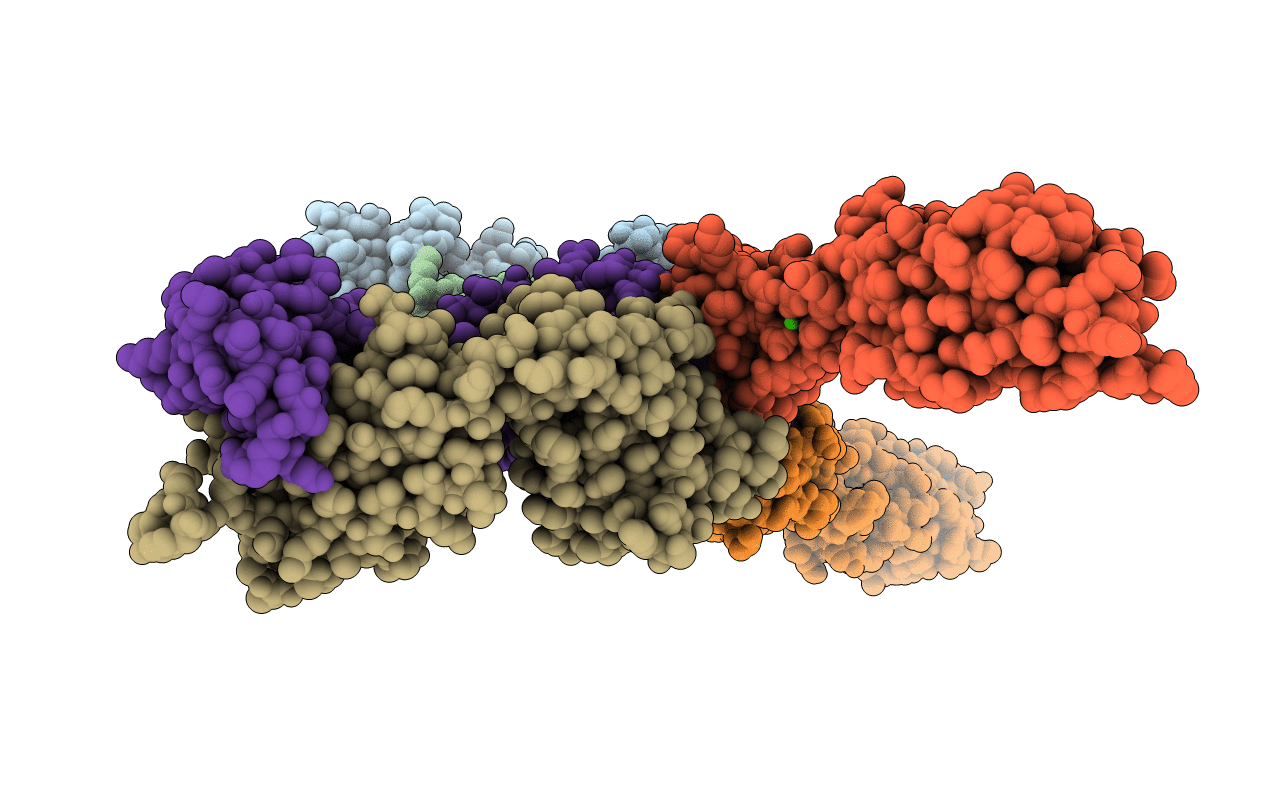
Deposition Date
2020-07-20
Release Date
2021-05-05
Last Version Date
2024-10-09
Entry Detail
PDB ID:
6ZTR
Keywords:
Title:
Crystal Structure of the anti-human P-Cadherin Fab CQY684 in complex with human P-Cadherin(108-324)
Biological Source:
Source Organism(s):
Homo sapiens (Taxon ID: 9606)
Expression System(s):
Method Details:
Experimental Method:
Resolution:
2.10 Å
R-Value Free:
0.22
R-Value Work:
0.19
R-Value Observed:
0.19
Space Group:
P 21 21 2


